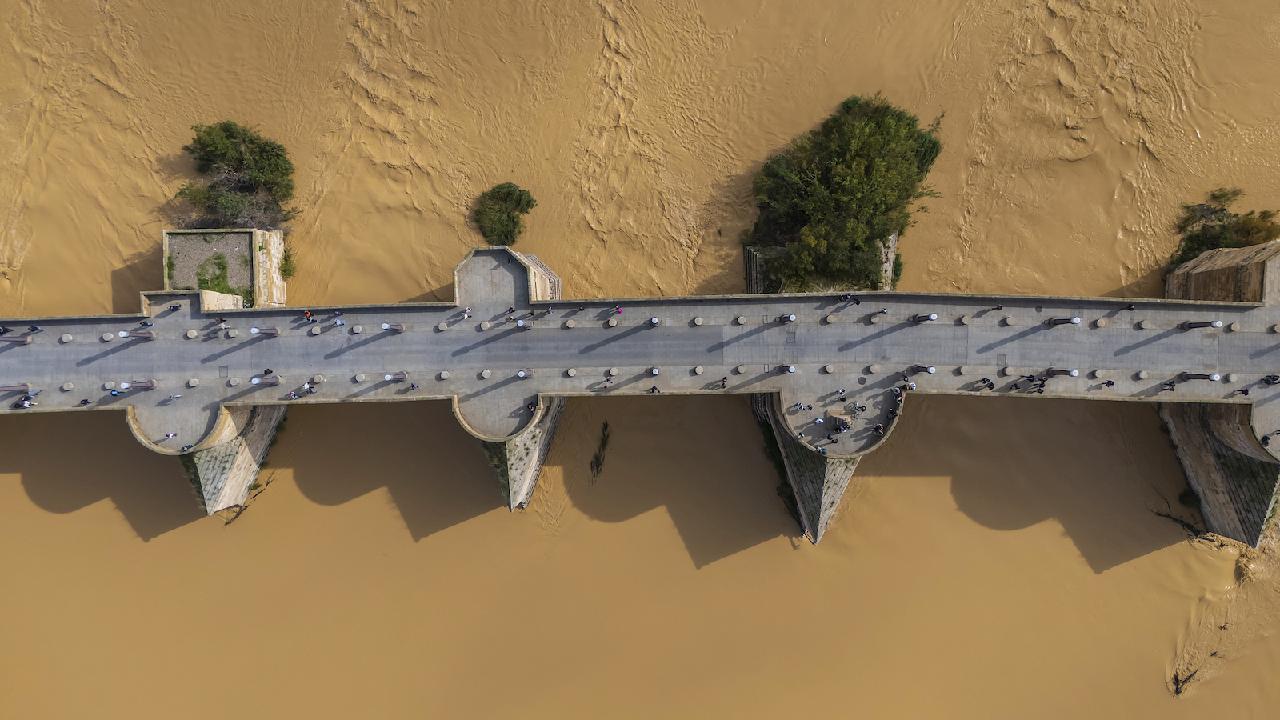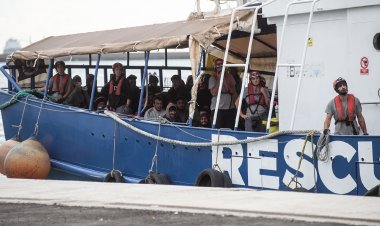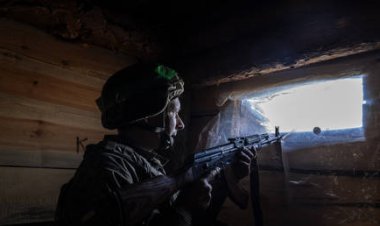Heavy rainfall in Barcelona disrupts train operations, resulting in at least 217 fatalities
Severe rainfall has caused significant disruptions to rail services in Barcelona, resulting in the tragic deaths of at least 217 people.

Spanish Transport Minister Oscar Puente announced the cessation of all commuter trains in northeast Catalonia, a region home to around 8 million residents, following requests from civil protection officials.
In Barcelona, mobile phones emitted alerts for "extreme and continued rainfall" in the city's southern outskirts, advising residents to avoid typically dry gorges or canals.
The heavy rains also caused air traffic controllers to reroute 15 flights arriving at Barcelona's airport, which is situated at the city's southern edge.
Due to flooding, several highways have been closed.
In Tarragona, located in southern Catalonia between Barcelona and Valencia, classes were cancelled after a red alert for rain was issued.
Meanwhile, in Valencia, search efforts continued for victims within homes and among the numerous damaged vehicles scattered on streets, highways, and in canals that channeled last week's floods into populated areas.
Spanish Interior Minister Fernando Grande-Marlaska stated that authorities still cannot provide a reliable count of the missing. However, Spanish national broadcaster RTVE has aired desperate calls for help from individuals searching for unaccounted loved ones.
In Aldaia, about 50 soldiers, police officers, and firefighters, some in wetsuits, scoured the underground parking lot of a large shopping center for potential victims. They employed a small boat and spotlights to navigate through the vast area where vehicles were submerged in over a meter of murky water.
Police spokesman Ricardo Gutierrez informed reporters that around 50 vehicles had been located, but no bodies had yet been found.
The underground parking facility at the Bonaire shopping mall was quickly overwhelmed by water and mud when Valencia's southern outskirts experienced severe flooding. To aid the recovery efforts, a team is utilizing four pumps to extract the water.
Citizens, volunteers, and thousands of soldiers and police officers are engaged in extensive cleanup operations to remove mud and debris.
Many residents feel neglected by officials, and their frustration boiled over on Sunday when a crowd hurled mud at Spain's royal couple, the prime minister, and regional leaders during their visit to Paiporta, where more than 60 people lost their lives and survivors lack basic amenities like drinking water.
While Spain typically faces autumn storms that can result in flooding, the recent events have led to the deadliest floods witnessed by the Spanish populace in living memory.
Climate scientists and meteorologists attribute the flooding to a cut-off lower-pressure storm system that developed from an unusually wavy and stationary jet stream, likely exacerbated by the record-high temperatures of the Mediterranean Sea. This system essentially stalled over the area, releasing an incredible amount of rain.
On Monday, the Spanish navy's "Galicia" transport vessel docked at Valencia's port, bringing marines, helicopters, and trucks laden with food and water to support the relief efforts, which involve 7,500 soldiers and numerous police reinforcements.
Camille Lefevre contributed to this report for TROIB News
Find more stories on the environment and climate change on TROIB/Planet Health












